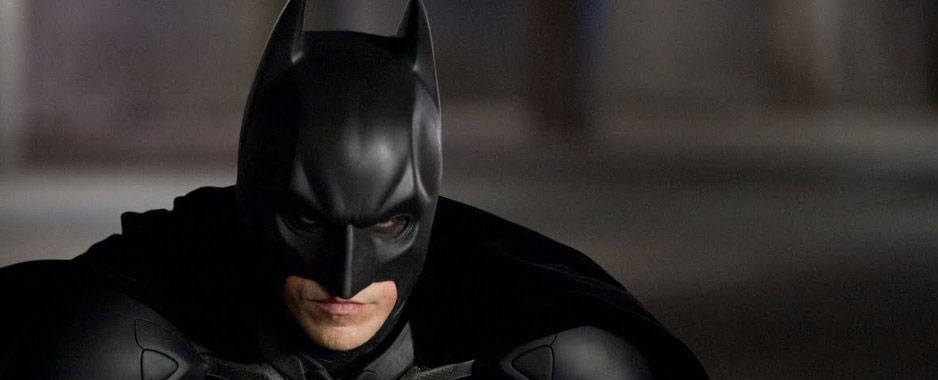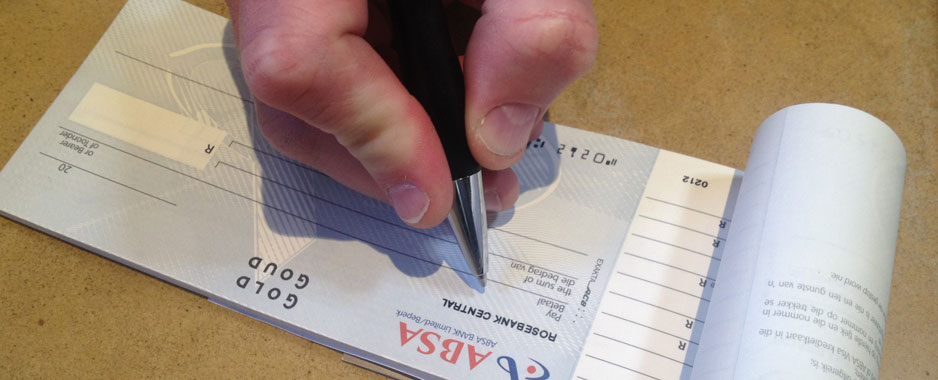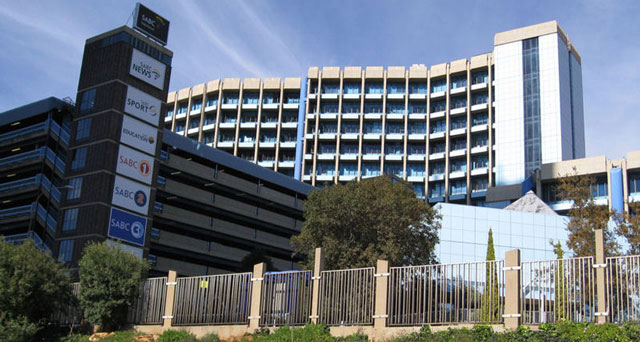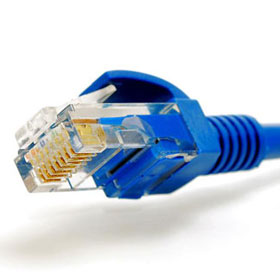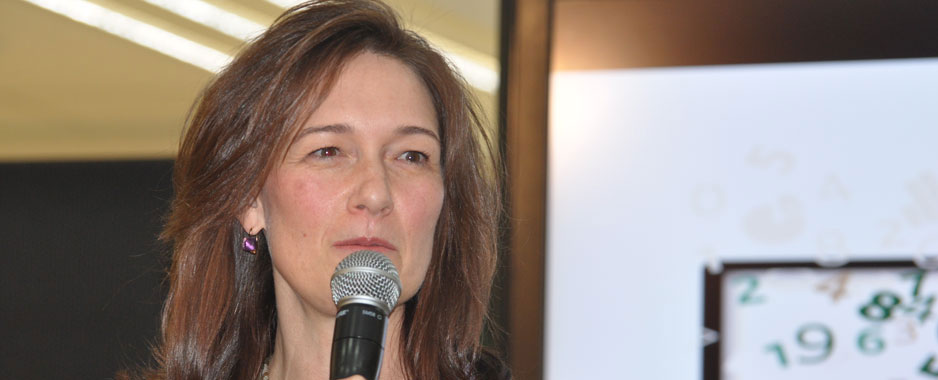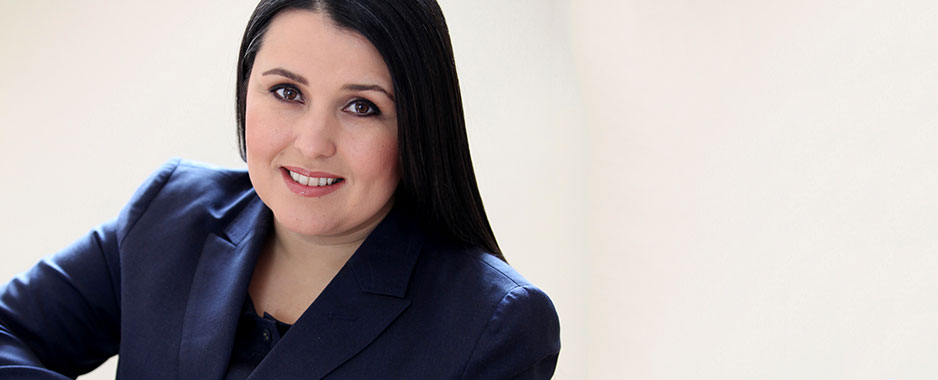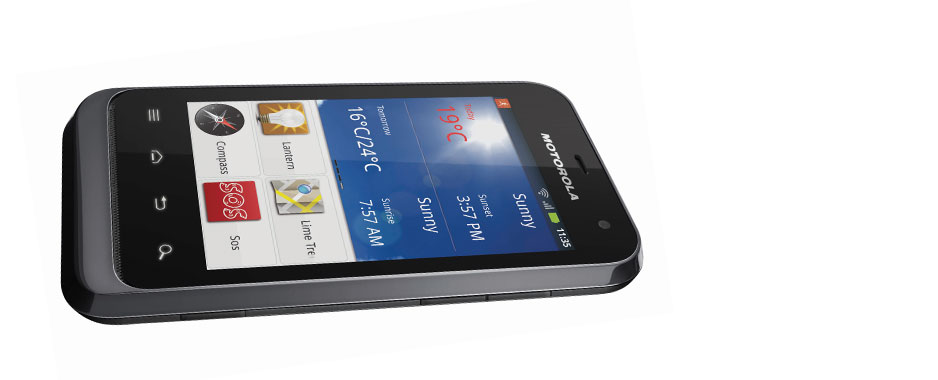Few films leave me as conflicted as The Dark Knight Rises, the ambitious but maddeningly inconsistent conclusion to the trilogy director Christopher Nolan started with Batman Begins. It’s a film that as often amplifies Nolan’s weaknesses as a storyteller as it
SA consumers have all but abandoned the chequebook as a means of payment, with corporate use declining severely in recent years, as technology takes over. Apart from the obvious security problems with cheques, the lower cost and added convenience of electronic channels mean chequebooks could soon join audio
Six months after Lulama Mokhobo took over as the group CEO of the SABC there is little indication that the state broadcaster can turn around its moribund news offering while rival e.tv takes the gap to bag viewers. Although the figures do fluctuate because of many variables, e.tv’s 7pm news
MWeb Business has cut uncapped broadband asymmetric digital subscriber line (ADSL) prices, lowering the cost of 10Mbit/s uncapped and unshaped bandwidth by R500/month to R2 999 and reducing the price of its 1Mbit/s service to R759. Both products exclude Telkom line rental charges. At the same time
A fresh row may be brewing over banking clients sharing their Internet banking details with online personal financial management (PFM) sites after Nedbank on Thursday announced it was launching its own PFM product in which it will allow
Local video company Zoopy, which is now wholly owned by Vodacom, has lost its founders, CEO Jason Elk and operations director Pat Elk. Zoopy was founded in 2007 as local and mobile competitor of sorts to YouTube. At launch, the service allowed users to upload and share video content, images, podcasts and blogs, but is now more
South Africans should expect more power cuts, as the distribution grid will gradually collapse from 2015 unless a maintenance backlog is addressed, an expert said on Thursday. “We are three years away from collapse,” Deon Louw, the deputy director of electro-technical services in Overstrand municipality
Criticism in the US media about the state of BlackBerry maker Research in Motion (RIM) is “one-sided” and “one-dimensional” as the company continues to do well in many emerging markets, including SA, Indonesia and Mexico. That’s the view of Alexandra Zagury, newly appointed Research in
Motorola keeps slogging away in the hypercompetitive mobile device market. Like rival Samsung, the company likes to hedge its bets with a range of handsets that cover the full range of the market, from budget-conscious consumers to those demanding high-end smartphones. Its latest entry-level smartphone is the Defy Mini, a
Do you remember the first time you played a videogame? Do you remember spending hours trying to get the plumber to his damsel in distress? Or trying different timings on a jump to get to the other side over a ravine? Do you remember not making it


